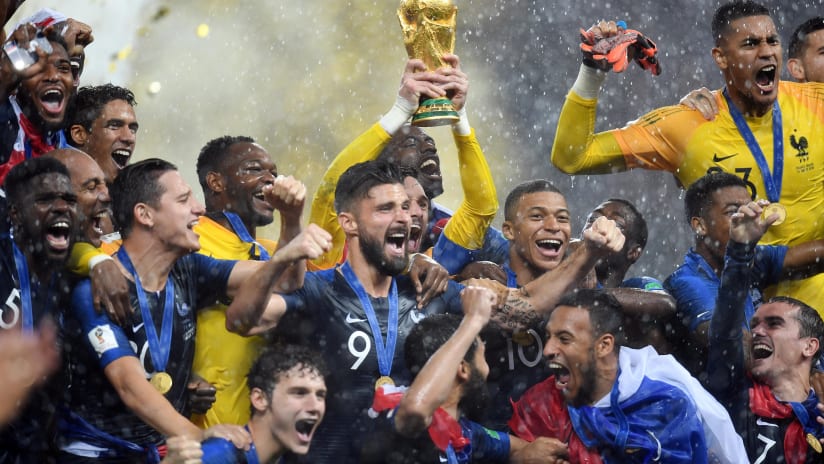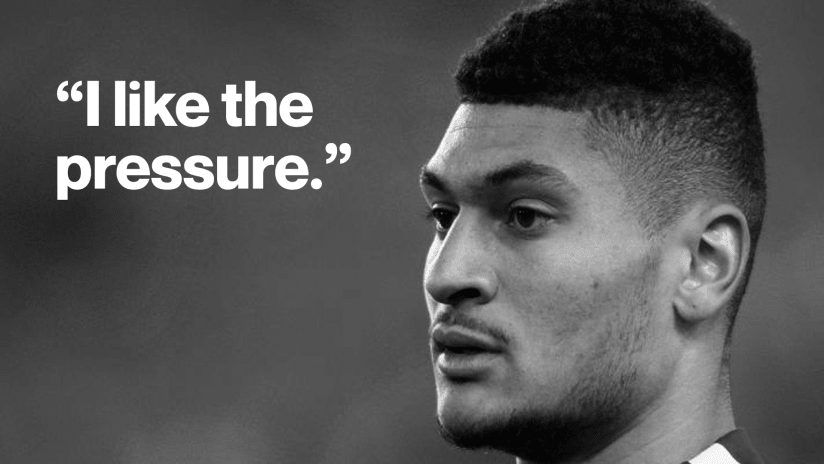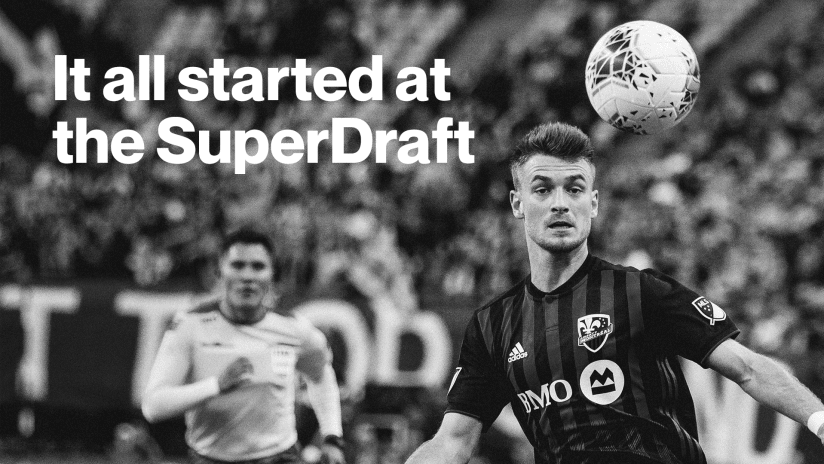What made France against Croatia so special
Sunday’s final in Moscow went much like the whole tournament did: set pieces had their word, VAR made a controversial appearance, but most importantly, it was wildly entertaining. We haven’t seen six goals in a World Cup Final since 1966, when England beat West Germany 4-2 in extra time for its first ever triumph on the world stage.
For France, this marks its second ever World Cup, the first coming exactly 20 years ago, in 1998. Both triumphs are signed Didier Deschamps; before the Frenchman lifted the beautiful gold trophy as a coach this weekend, it was him captaining the team that won in in 1998. Funnily enough, Croatia finished third that year.
Mistakes in the final
It was the French that got off to a dream start, when Mario Mandžukić entered the history books for all the wrong reasons, deflecting the ball into the top corner of his own goal after Antoine Griezmann’s attempt to get the ball into the box. Luckily enough, Ivan Perišić came up big to tie things up at a goal apiece just 10 minutes later.
In 21 finals, that was the first time ever an own goal was ever scored in the tournament’s final game. Luckily for Mario, another, much more brutal mistake was committed on the other end, and funnily enough, Mandžukić was the one to take advantage of it, erasing his earlier lapse. After the world watched Liverpool’s ‘keeper, Loris Karius, make not one, but two major mistakes in the Champions League final, it was Hugo Lloris’ – two Ls this time – turn to keep the trend going. Luckily for him, his team still won it at the end.
Whether you like it or not, you can’t argue with the fact that VAR demands precision in every call. In that respect, its integration for the first time to the FIFA World Cup was a success, and consequently, 22 penalty calls were made, the most in the competition’s history. But its controversial use in the World Cup final perfectly sums up the issues many pundits have with the new technology.
VAR was employed right before the half, after France’s corner deflected off Perišić’s hand, barely outstretched. Not one of the referees had seen it, but France’s players did. The referee was forced to use VAR, and in the strictest definition of the rule, a penalty was given for a hand ball, and France scored an all-important second goal to take a 2-1 lead.
Deserved? Even the firmest believers will say this was a harsh call, especially for a World Cup final. But overall, video replay was a success and looks set to remain in operation.
In 2022, during the next World Cup, Kylian Mbappé, winner of the tournament’s best young player award, will be 23. Paul Pogba will be 29. Ousmane Dembélé will be 25. Varane and Umtiti, France’s centre backs, will be 29 and 28 respectfully. N’Golo Kanté and Antoine Griezmann will be 31 apiece.
France’s core is young, full of talent, but most importantly, has loads of experience, and the same will be true four years from now. It will be difficult to see this team ousted in the group stage in 2022, unlike so many of its predecessors.





